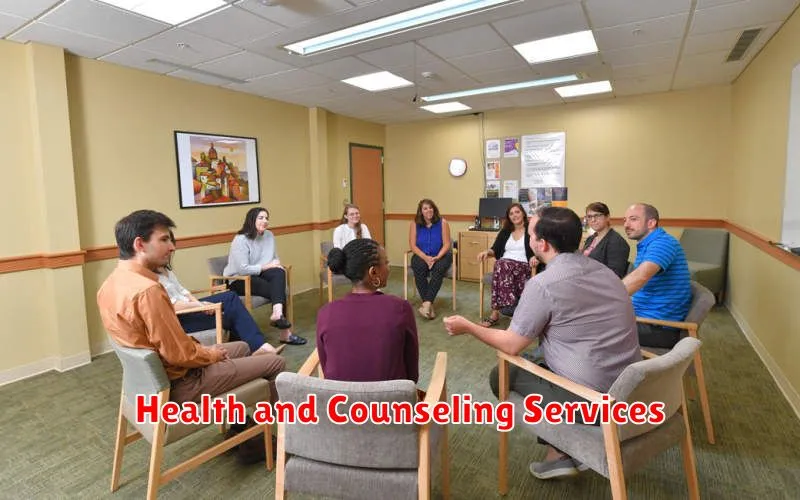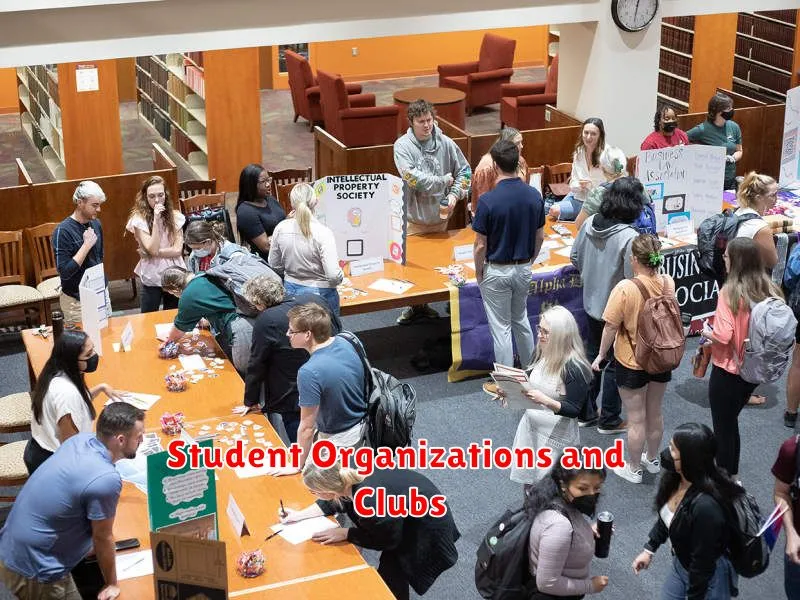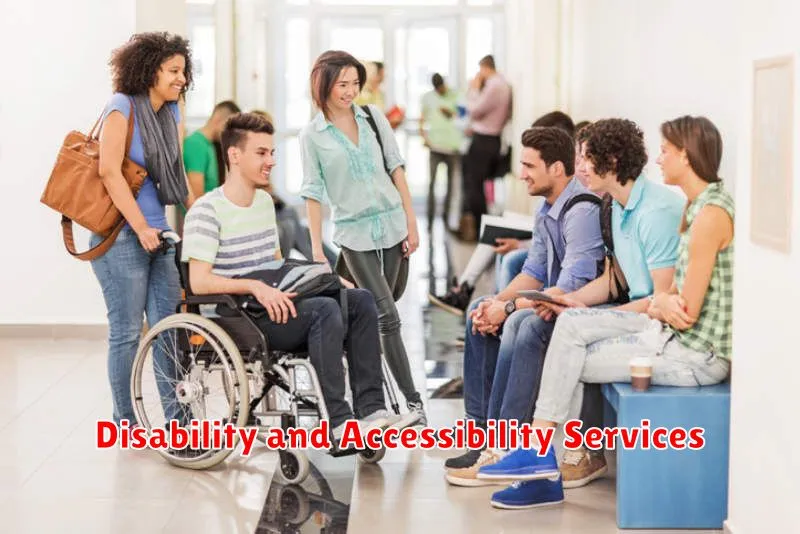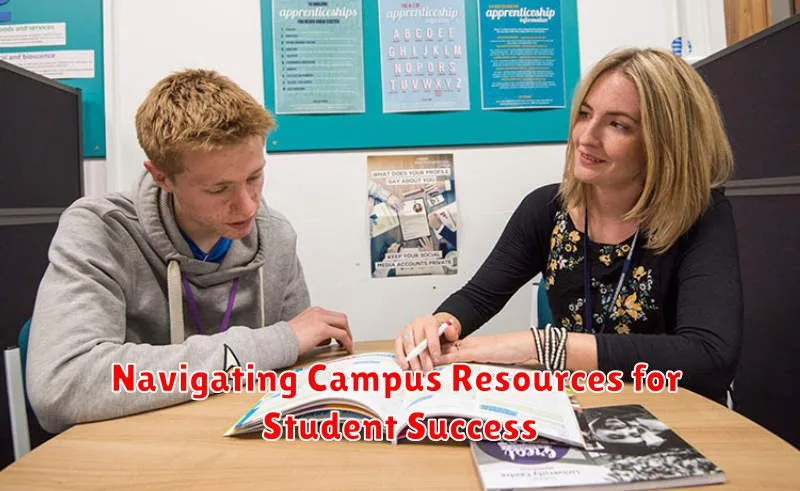Navigating the complexities of college life can be a daunting task, especially for new students. Campus resources are designed to provide student support and foster student success in all aspects of academic and personal development. Understanding how to access and effectively utilize these resources is crucial for a positive and enriching college experience. This article serves as a comprehensive guide to navigating the vast array of campus resources available to students, empowering them to achieve their full potential and thrive in their academic pursuits.
From academic advising and tutoring services to mental health support and career counseling, colleges offer a wealth of resources to address the diverse needs of their students. This article will explore the key campus resources essential for student success, providing practical advice on how to locate these services and maximize their benefits. Whether you’re struggling academically, seeking personal guidance, or exploring career opportunities, learning to navigate these support systems is a vital step towards achieving your goals and maximizing your college experience.
Academic Advising and Support
Academic advisors are crucial to student success. They provide guidance on course selection, degree requirements, and academic planning. Meeting with an advisor is highly recommended, especially for new students navigating the complexities of university life.
Academic advising goes beyond simply choosing classes. Advisors can help students explore different academic paths, connect with valuable resources, and develop strategies for academic success. They can also assist with navigating challenges such as changing majors or addressing academic difficulties.
Support services often offered through academic advising offices include:
- Major exploration
- Academic probation assistance
- Graduation planning
- Referral to campus resources
Health and Counseling Services

Prioritizing student well-being is crucial for academic success. Colleges recognize this and offer a range of health and counseling services designed to support students’ physical and mental health.
Health services typically include access to medical professionals for routine check-ups, illness treatment, and referrals to specialists. Some campuses may also have on-site pharmacies and health promotion programs focusing on preventative care.
Counseling services offer confidential support for students facing emotional challenges, stress, anxiety, or depression. These services can include individual therapy, group counseling, and workshops on stress management and coping strategies.
Utilizing these resources can significantly impact a student’s overall well-being and academic performance. Don’t hesitate to reach out if you need support. Your health and well-being are essential components of your academic journey.
Career Services and Internships

Career services offices offer invaluable resources for students transitioning into the professional world. Resume and cover letter assistance, mock interviews, and job search strategies are commonly provided. These services help students present themselves effectively to potential employers and navigate the job application process.
Internships provide practical experience in a chosen field. They offer an opportunity to develop skills, build a professional network, and explore different career paths. Career services offices frequently maintain databases of internship opportunities and can assist students in finding placements that align with their interests and academic goals.
Students are encouraged to engage with career services early in their academic journey. Early participation allows for long-term career planning and maximizes opportunities for professional development.
Libraries and Learning Labs
Libraries offer more than just books. They provide a quiet study environment, access to vast research databases, and often house specialized collections relevant to different fields of study. Librarians are valuable resources who can assist with research projects, literature searches, and navigating the library’s resources effectively.
Learning labs offer specialized support for various academic subjects. These labs frequently provide tutoring services, workshops focusing on specific skills (such as writing or math), and access to software or equipment relevant to particular disciplines. Taking advantage of learning lab resources can significantly improve comprehension and academic performance.
Student Organizations and Clubs

Student organizations and clubs offer invaluable opportunities for personal and professional growth. They provide avenues for students to explore their interests, develop leadership skills, and build a supportive network.
Joining a club or organization allows students to connect with peers who share similar passions. This sense of community can be particularly important for navigating the challenges of college life and fostering a sense of belonging.
Furthermore, participation in extracurricular activities demonstrates initiative and commitment, qualities highly valued by future employers. Organizations often provide opportunities for leadership roles, event planning, and community engagement, all of which enhance a student’s resume and professional skillset.
Tutoring and Writing Centers
Tutoring and writing centers are essential resources for academic support. They provide personalized assistance to help students succeed in their coursework. Tutoring centers offer support across various subjects, from math and science to humanities and social sciences.
Trained tutors work with students individually or in small groups to clarify concepts, improve study skills, and develop problem-solving strategies. These centers cater to diverse learning styles and offer flexible scheduling options to accommodate student needs.
Writing centers focus specifically on developing writing skills. Experienced writing consultants guide students through the writing process, from brainstorming and outlining to drafting, revising, and editing. Whether it’s a research paper, essay, or presentation, writing centers offer valuable feedback and resources to enhance writing proficiency.
Disability and Accessibility Services

Colleges and universities are legally obligated to provide equal access to education for students with disabilities. The office of Disability and Accessibility Services (DAS), or similarly named department, facilitates this process. They work with students to determine appropriate accommodations based on individual needs.
Common accommodations can include:
- Extended time on exams
- Note-taking assistance
- Assistive technology
- Accessible classroom materials
- Sign language interpreters
Students seeking accommodations must typically register with the DAS and provide documentation of their disability. The DAS staff will then work with the student and faculty to implement the approved accommodations. It’s crucial for students to connect with DAS early in the semester, or even before arriving on campus, to ensure timely implementation of support services.

